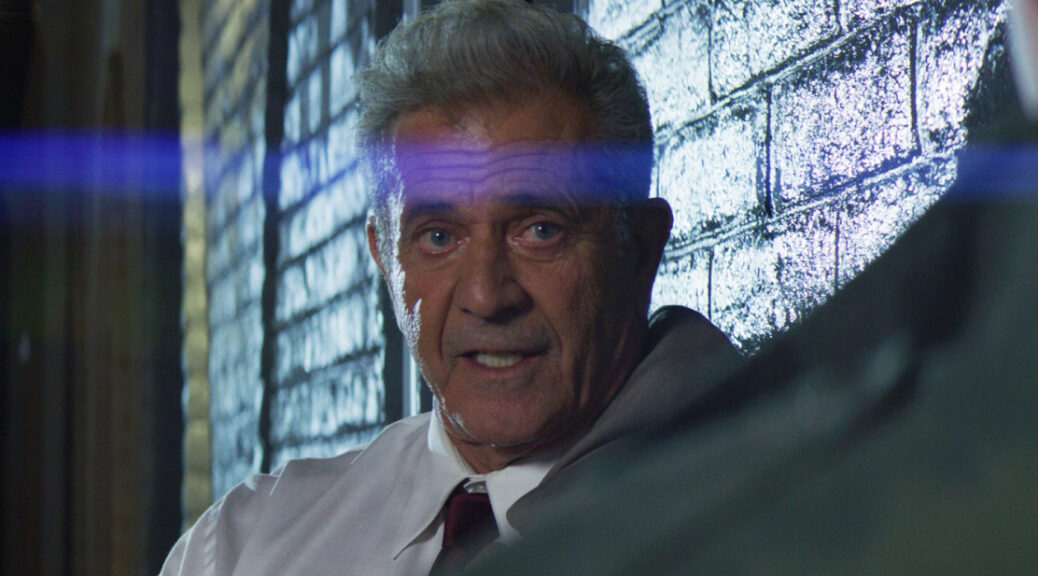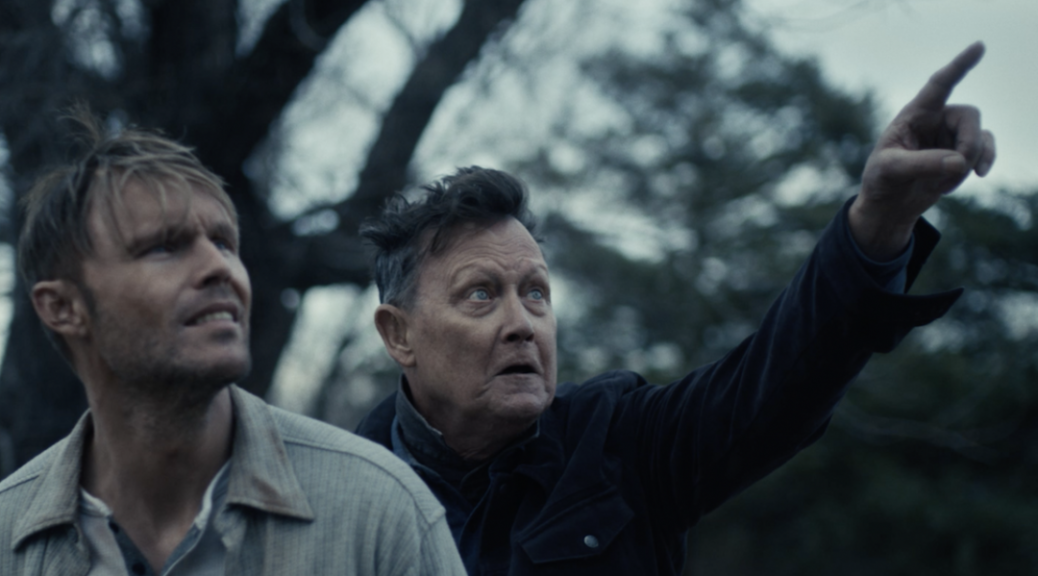What You Wish For
by Hope Madden
It’s been nearly fifteen years since writer/director Nicholas Tomnay unveiled David Hyde Pierce’s pitch perfect black comic sensibilities in The Perfect Host, a darkly comedic gem of social satire horror.
Tomnay returns to horrific dinner parties, sans humor, with his latest, What You Wish For, a macabre tale of capitalism, mistaken identity, and meat.
Ryan (Nick Stahl) is out of luck. A talented chef lowered to roasting chickens in a hotel kitchen, and in more debt than he can manage to some very bad people, he sets off to an isolated spot in a tiny Latin American country to catch up with his culinary institute roommate, Jack (Brian Groh).
But Jack’s on assignment and soon Ryan finds himself too deep to escape from a seriously demented personal chef situation.
What You Wish For is slow going at first. Both Groh and Stahl deliver lifeless performances, briefly elevated by a splashier presence of Alice (Penelope Mitchell). But if you slog through act 1, a beefier stew awaits.
Tamsin Topolski, Randy Vasquez and Juan Carlos Messier each carve out fascinating oddball characters. Together they bring needed electricity to the film, just in time for Tomnay’s writing to take things up a notch.
Complications, tensions, confusion and controlled mayhem take front stage once Imogen (Topolski) arrives, mistaking Ryan for Jack, the chef who’s supposed to make her guests’ night unforgettable. It looks like the financial opportunity Jack needs, but you’ve seen the title.
The clever plotting buoyed by three sharp supporting turns makes the film suddenly fascinating. Stahl continues to be the weak spot, although his flat affect almost works with the new characters to give the film a bit of levity.
In the end, What You Wish For is a low-cal The Menu. It lacks the purpose and insight—let alone hilarious relatability—but it certainly calls that near-masterpiece to mind. And it looks great. It just won’t leave you very satisfied.




